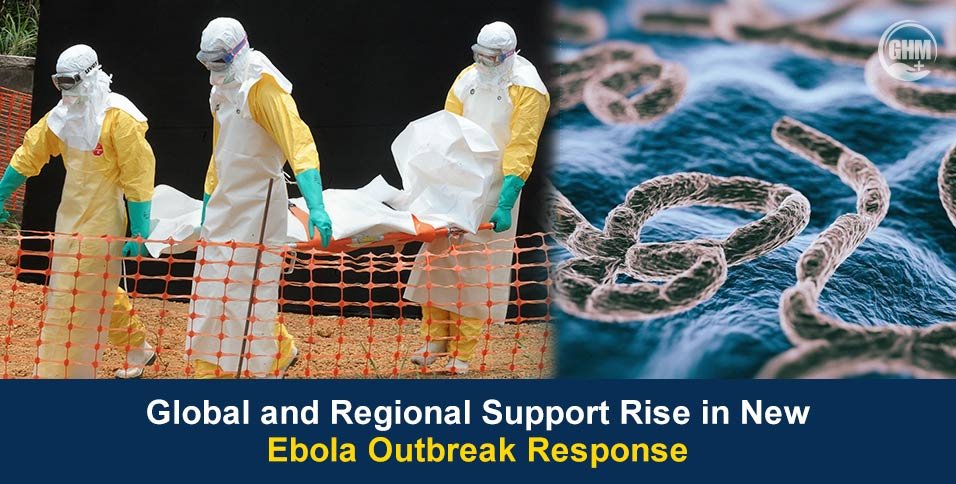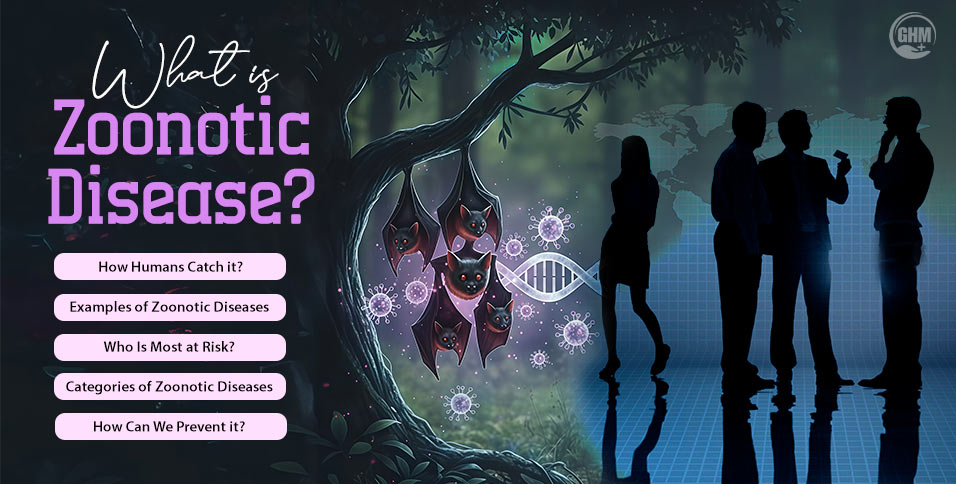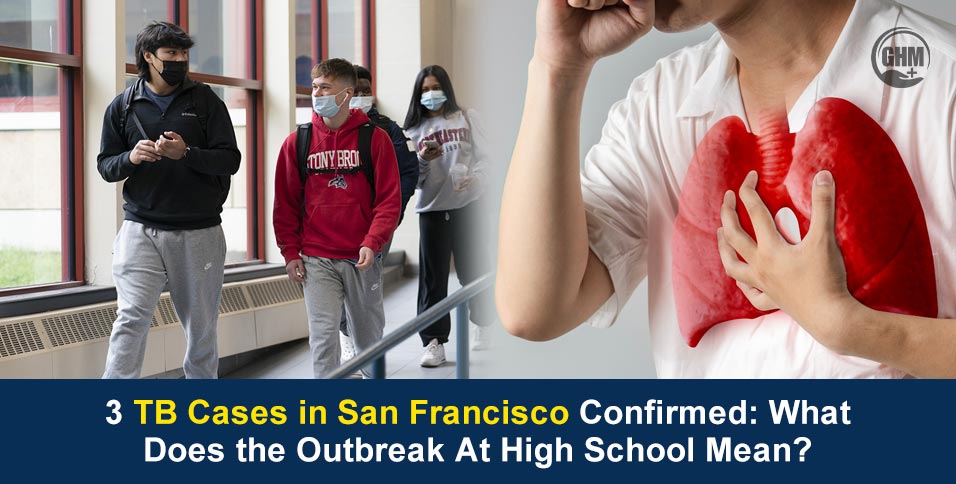The Democratic Republic of Congo (DRC) has declared its 16th Ebola outbreak in Kasai Province, triggering a robust wave of global and regional co-operation to contain the deadly virus.
The Ministry of Public Health has activated emergency supportive measures for the Ebola outbreak response and is working with international partners to prevent the outbreak from spreading beyond the affected region.
This new outbreak comes as the country grapples with multiple health crises, including mpox, cholera, and malaria, placing immense strain on its fragile health system. Till now, 15 deaths have been reported with 28 suspected cases identified across two health stations in Kasai province.
Ebola Outbreak Amid Multiple Health Crises
The declaration of this outbreak highlights the complex health emergency in the DRC.
- Mpox, cholera, and malaria outbreaks are already ongoing in several provinces, leaving health workers overstretched and resources limited.
- With its high fatality rate and rapid transmission, the Ebola outbreak response adds another layer of urgency to the country’s public health.
According to the World Health Organization (WHO), early detection and rapid isolation of cases are key to breaking the chain of transmission.
“We’re acting with determination to rapidly halt the spread of the virus and protect communities,” said Dr. Mohamed Janabi, WHO Regional Director for Africa. “Banking on the country’s long-standing expertise in controlling viral disease outbreaks, we’re working closely with the health authorities to quickly scale up key response measures to end the outbreak as soon as possible.”
Regional Cooperation to Prevent Cross-Border Spread
Kasai Province shares borders with Angola and is close to several high-mobility trade routes, raising concerns about regional spread. Neighboring countries are on high alert and strengthening border surveillance.
Key Regional Actions:
- Angola, Republic of Congo, and Zambia have initiated screening at border points, with support from WHO and Africa CDC.
- Rapid Response Teams (RRTs) are being deployed in border districts to trace contacts and monitor symptoms.
- Cross-border information sharing is being coordinated through the East, Central, and Southern Africa Health Community (ECSA-HC).
Global Support and Funding Mobilization
International organizations are moving quickly to assist the DRC in mounting an effective response.
- WHO has activated its Incident Management System and is deploying logistics, medical supplies, and technical experts.
- UNICEF is working on risk communication and community engagement, helping local communities understand symptoms and prevention.
- The World Bank and Global Fund are assessing emergency funding mechanisms to support healthcare workers and outbreak management.
Vaccine and Treatment Deployment
The rVSV-ZEBOV Ebola vaccine, which proved effective in previous outbreaks, is being prepared for ring vaccination campaigns targeting high-risk contacts and frontline health workers.
- WHO and Gavi, the Vaccine Alliance, are coordinating vaccine stockpiles and delivery.
- Experimental therapeutic treatments, such as monoclonal antibodies, are also being readied for deployment.
Challenges in Outbreak Response
Despite these efforts, several challenges remain:
- Insecurity and conflict in some regions make access difficult for health teams.
- Mistrust among communities can hinder contact tracing and vaccination campaigns.
- Limited health infrastructure in Kasai Province slows testing and treatment.
- Ongoing mpox and cholera outbreaks are diverting resources from Ebola response efforts.
Local leaders and humanitarian agencies are emphasizing community engagement to build trust and encourage early reporting of symptoms.
Lessons from Past Outbreaks
The DRC has faced numerous Ebola outbreaks, including the 2018–2020 North Kivu outbreak, which was the second-deadliest in history, claiming over 2,200 lives.
- Lessons learned have led to stronger surveillance systems and community-based response strategies.
- Training programs for frontline workers have improved detection and containment capacity.
- However, health experts warn that complacency is dangerous, especially with multiple concurrent outbreaks in play.
Global Unity Needed in the Future
The declaration of the 16th Ebola outbreak is a reminder of the ongoing threat of infectious diseases and the need for global unity.
Health experts stress that cooperation, rapid action, and funding are essential to preventing the outbreak from escalating.
Key Priorities for Action:
- Strengthening regional surveillance to detect cross-border cases.
- Scaling up vaccination and treatment campaigns in affected areas.
- Supporting local health workers with protective gear and training.
- Investing in health infrastructure to address not only Ebola but also cholera, mpox, and malaria.
Conclusion
As the DRC faces this latest Ebola outbreak alongside multiple health crises. The global and regional support for the Ebola Outbreak Response will determine whether the virus is contained or spreads further. With lessons from past outbreaks and the commitment of international partners, there is hope that this crisis can be managed swiftly, preventing widespread devastation.













